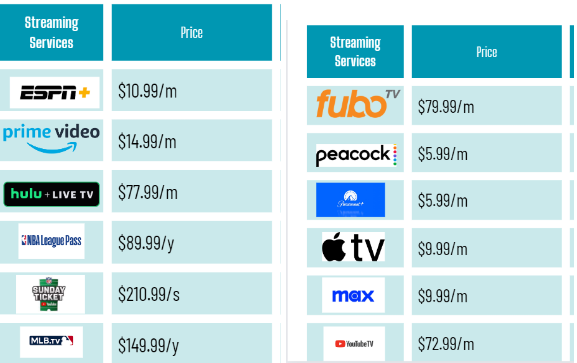The introduction of VAR In 2016 during a soccer match between two Dutch clubs Ajax and Willem, was a much-debated move. VAR was initially developed to aid Referees in four situations: penalties, direct red cards, mistaken identity, and whether or not a goal should count. However, over time, VAR’s role has expanded to play a much more significant role in today’s games. Yet despite its controversy, VAR has contributed to an increase in correct decisions, and with improvements, it has the potential to enhance the game extensively and keep the game honest.
Previous to VAR’s introduction, many game-changing opportunities have sprung from mistakes made by referees. During the 1986 World Cup quarter-finals between Argentina and England, one of the most infamous decisions made in soccer history occurred. The match ended 2-1 Argentina, with Diego Maradona’s iconic “hand of god” goal where he forced the ball into the net with his hand giving Argentina a 1-0 lead in a World Cup they would end up winning. What would have happened to Argentina had this goal been disallowed? This moment is a clear example of how VAR is crucial to the integrity of soccer.
Barcelona and Chelsea faced off in another controversial 1-1 draw during the semi-finals of the Champions League in which Chelsea appealed for penalties on four different occasions that were all dismissed by referee Tom Hending Ovrebo. Two of the four appeals were obvious errors from the referee: A glaring handball by Barcelona’s center-back Pique and a clear foul from Barcelona right-back Dani Alves which occurred inside the box. However, the ref initially saw the foul as having taken place outside the box and gave a free kick instead of a penalty. In the current era, this would have been reviewed and given as an automatic penalty. This game was crucial in Barcelona’s Champions League victory but it was unjust and dismisses the fairness of the game.
The introduction of VAR has significantly improved the accuracy of decisions made by referees from 82% to 96% since 2016. With 12 cameras around the pitch, it enables the ref to look back on previous plays from different angles, specifically helping the referees in acting on their decisions to make a major call. Former referee Mark Hasley agrees that VAR is more helpful than detrimental in an interview, “I think it is actually good for the game….and obviously, it is difficult for referees to keep up with the pace of the game. And we have tackles flying in…I think it’s really good for the game but only if it’s implemented correctly.”
Sports fans know how frustrating it is when a referee makes the wrong call. But if there is a way for the Referee to look back on their initial decision and make a choice they 100% agree with, why should that be unacceptable? The decisions a referee makes are all based on their opinion on what a foul, handball, etc. looks like. VAR could be the solution the soccer industry and fans have always wanted if VAR simply took a step back. Even with the increase in positive decisions, fans are still unhappy with VAR but in time it will be adapted and improved to be what all soccer has been looking for.






